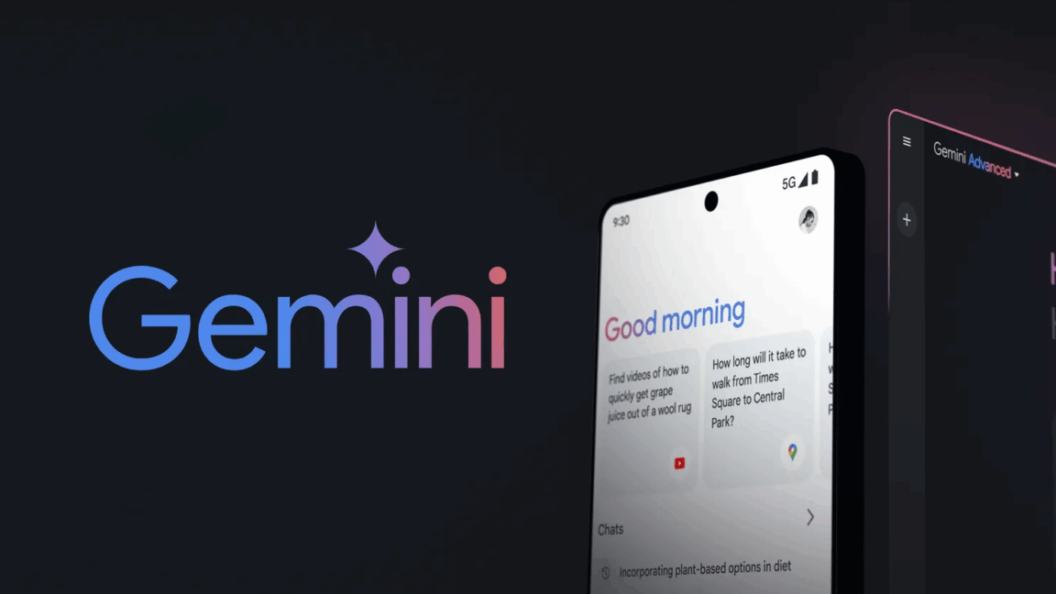Google Gemini AI Changes Stir Concerns Among Users
Introduction: A Shift in AI Interaction
Starting today, Google has announced significant changes to its Gemini AI engine, allowing it to engage with third-party applications like WhatsApp, even if users have previously opted out of such interactions. This shift raises questions about user control and data privacy, prompting a mixed response from the user community.
Details of the Change
In a recent email, Google informed users that the Gemini AI would now have access to popular applications regardless of individual privacy settings. The notification referenced a support page stating that “human reviewers (including service providers) read, annotate, and process” the data accessed by Gemini. This lack of clarity around existing privacy settings means that users may need to take additional steps to limit their interaction with the AI.
The email mentions that while users can block certain apps from interacting with Gemini, it notes that data collected will still be stored for up to 72 hours. This conflicting information raises concerns about the essence of user control and how proactive users need to be to safeguard their privacy.
Ambiguities and Mixed Messages
The communication from Google has been met with skepticism. At one point, the email asserts that changes will “automatically start rolling out today,” granting Gemini access to messaging platforms regardless of the user’s previous settings. However, it is also stated that if features were previously turned off, they would remain deactivated. This inconsistency leaves users uncertain about the level of control they actually possess.
To complicate matters further, the email does not provide straightforward guidance on how to completely disengage Gemini from users’ devices. The information available on the linked support pages is convoluted, requiring users to navigate multiple links to gain full context on how to manage their settings.
User Confusion Amplified
The confusion does not stop with the emails. Users attempting to understand their Gemini app settings may find themselves sifting through scattered information. For instance, checking the Gemini app settings through a browser reveals mixed messages: while users may see that no data has been stored due to the AI being turned off, a caveat that activity is “not saving beyond 72 hours” complicates the narrative of privacy.
User Responses and Concerns
The user community has expressed frustration over what they perceive as a lack of transparency from Google. Many are questioning the implications of the newly announced changes, particularly regarding data privacy and the potential for misuse of information. Some users have noted that the ability of AI to access their communications signals a troubling trend toward diminishing control over personal data.
Conclusion: The Broader Implications
The adjustments to Google’s Gemini AI reflect a broader trend in tech where user privacy and data ownership are often overshadowed by advancements in artificial intelligence. As popular applications gain smarter capabilities, the balance between functionality and privacy is increasingly scrutinized. This situation underscores the importance of clear communication from tech companies, alongside the need for users to remain vigilant about their data rights.
In the ever-evolving landscape of technology, it is crucial for users to stay informed and proactive. As Google rolls out these changes, the potential impact on user trust and the relationship between tech firms and their customers remains to be seen. The outcry from users may serve as a critical juncture for tech companies to re-evaluate their approach to privacy and data utilization in AI applications.









